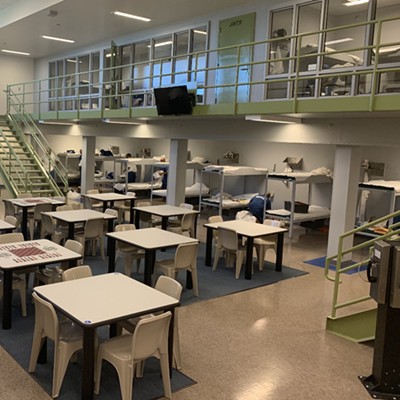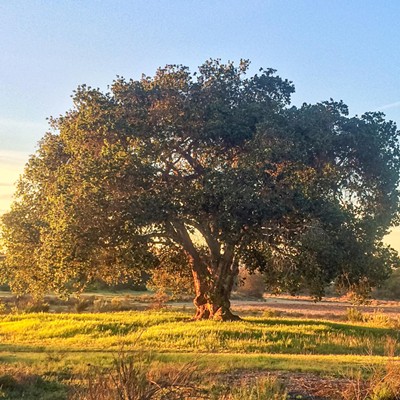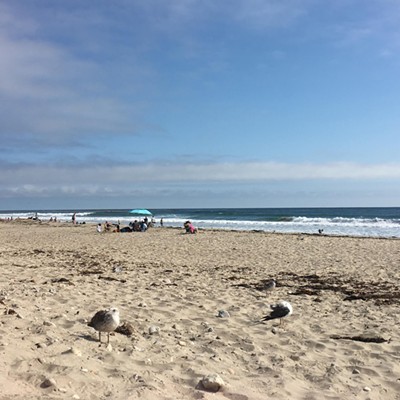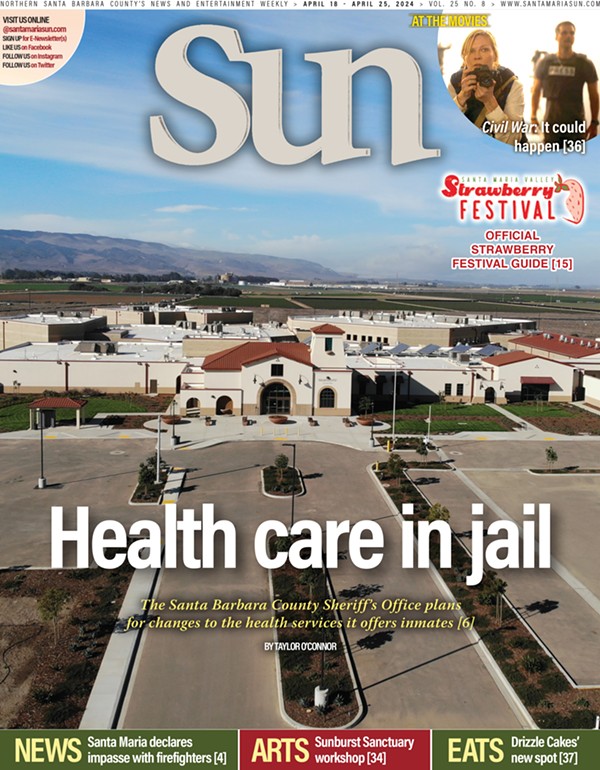• On Valentine’s Day, state Sen. Hannah-Beth Jackson introduced legislation that would assist older and disabled adults with home modifications to help reduce the risk of falling and allow more Californians to age independently in their homes for as long as possible. Senate Bill 280 would require the Department of Aging to work with Area Agencies on Aging to provide fall-prevention information, education, and services to adults who are at risk of falling and couldn’t otherwise afford to make the changes. The agencies would be responsible for providing home assessments as well as funding for injury prevention, such as installing grab bars and handrails. “For many of our older adults and others at risk of falling who are on reduced or fixed incomes, simple improvements to make their homes safer could mean the difference between remaining in their homes or having to seek institutional care,” Jackson said in a press release. The bill is sponsored by the California Senior Legislature, a volunteer organization that advocates to preserve and enhance the quality of life for older Californians and their families, according to the release.
• Gov. Gavin Newsom delivered his first State of the State address on Feb. 12. Newsom spoke about the myriad issues facing California, including housing, homelessness, water, transportation, public utilities, education, and an aging population. Announcing the formation of commissions to address some of the state’s more complicated issues, Newsom also told the legislative chamber audience that he didn’t support twin tunnels in the Delta or completion of the high-speed rail between LA and San Francisco—his predecessor Gov. Jerry Brown’s pet projects. The speech also pushed back against President Donald Trump. “Last week, we heard another president stand up at the State of the Union and offer a vision of an America fundamentally at odds with California. He described a country where inequality doesn’t seem to be a problem, where climate change doesn’t exist, and where the greatest threat we face comes from families seeking asylum,” Newsom said. He spoke in favor of more groundwater-recharge and water-recycling projects, expedited judicial review of the California Environmental Quality Act (CEQA) for housing projects, rent stability, health care for all and the expansion of Medicaid, and money directed at Whole Person Care for homeless individuals “to replace a fragmented approach to services.” Assemblymember Jordan Cunningham (R-San Luis Obispo) issued a response to the speech on Feb. 13. “I was glad to see the governor discuss updating water infrastructure; protecting ratepayers, employees, and fire victims during the PG&E bankruptcy; curtailing high-speed rail; and reforming CEQA to address our state’s housing crisis,” Cunningham said in a press release. “It is my hope that the governor encourages bipartisan, independent solutions to our state’s growing list of issues. We don’t need inflammatory rhetoric directed at the federal government.”
• The U.S. Senate on Feb. 12 passed the Natural Resources Management Act with a bipartisan vote on what some are calling the most significant and sweeping piece of conservation legislation in years. It’s an amalgamation of 100 individual bills and has been in the works for two decades. The bill would designate about 1.3 million acres of wilderness, create six new National Park Service units, expand Joshua Tree and Death Valley national parks, and protect against new mining claims near Yellowstone and North Cascades national parks. It would also reauthorize the Land and Water Conservation Fund (created in 1964), which enables local, state, and national agencies to purchase land for parks and open space access. The House of Representatives is expected to take up the bill in the coming weeks.








